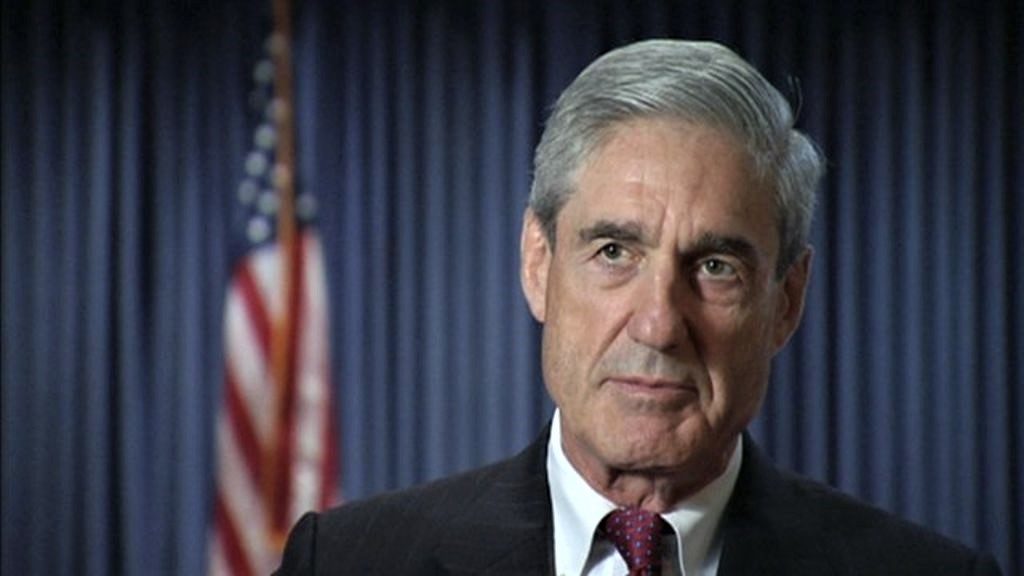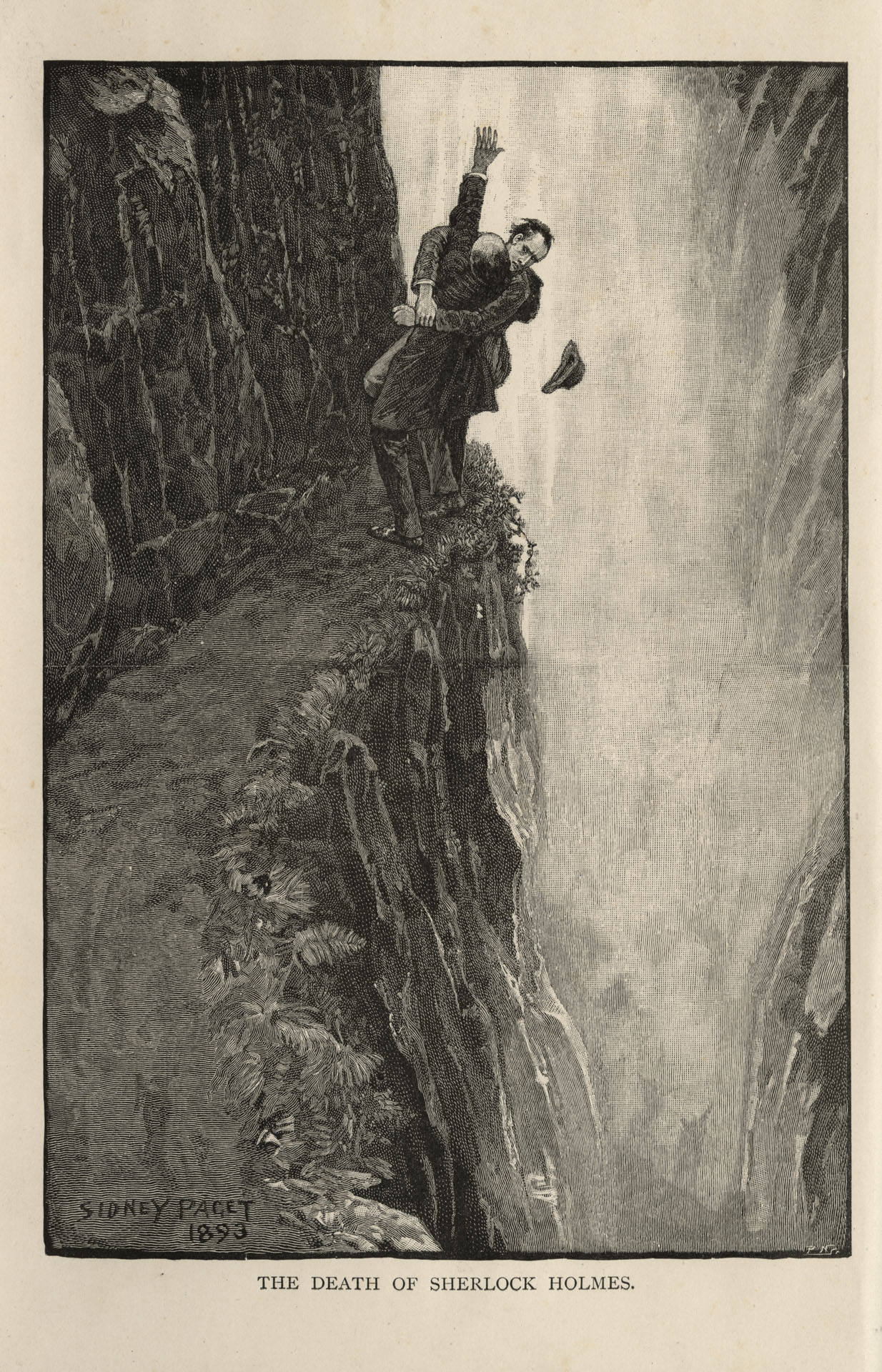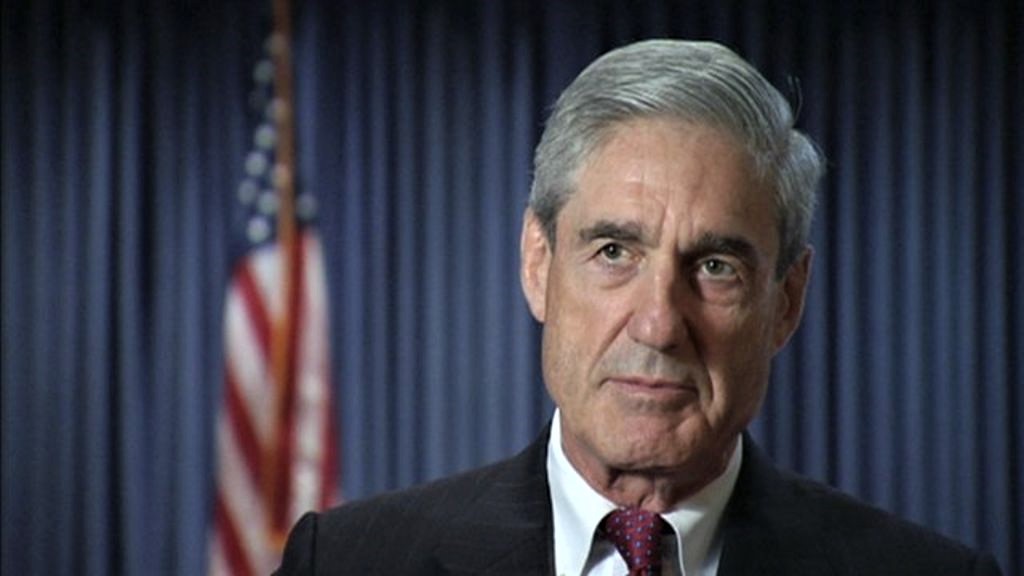On the Sunday CBS News show, Face the Nation, Republican Senator Lindsey Graham called Democrats talk about President Trump’s attempts to obstruct justice when the President ordered White House Counsel Don McGahn to fire Special Counsel Robert Mueller, “absurd.”
“It doesn’t matter what [Trump] said to Don McGahn — it is what he did,” Graham said.
I’ll come back to this.

Volume two of the Mueller report yielded the most surprising information to date, indicating that Trump was willing to go to most any length to protect himself from an investigation into his conduct before and after the 2016 election.
During the nearly two-year investigation, the media focused on obstruction-of-justice after Trump fired FBI Director James Comey.
The special counsel obtained an early draft of a letter that Trump had written with presidential advisor Stephen Miller detailing the reasons for firing Comey. Trump turned the letter over to White House Counsel Don McGahn II “who believed that its angry, meandering tone was problematic,” The New York Times writes (Sept. 1, 2017).
“…McGahn successfully blocked the president from sending the letter,” The Times said. “But a copy was given to the deputy attorney general, Rod J. Rosenstein, who then drafted his own letter. Mr. Rosenstein’s letter was ultimately used as the Trump administration’s public rationale for Mr. Comey’s firing, which was that Mr. Comey had mishandled the investigation into Hillary Clinton’s private email server.”
“Mr. Rosenstein,” The Times wrote in May 17, 2017, “had been under escalating pressure from Democrats, and even some Republicans, to appoint a special counsel after he wrote a memo that the White House initially cited as the rationale for Mr. Comey’s dismissal.”
“According to the Mueller report,” Politifact writes, “the triggering event for the FBI opening a counterintelligence investigation into links between the Trump campaign and the Russian government came as a result of an April 2016 meeting between campaign adviser George Papadopoulos and a source who said Russian government officials could offer ‘dirt’ on Clinton in the form of ‘thousands of emails.’ ”
Thus began Special Counsel Robert Mueller’s investigation into “any links and/or coordination between the Russian government and individuals associated with the campaign of President Donald Trump; and any matters that arose or may arise directly from the investigation.”
The “any matters” section allowed Mueller to examine any other issues including the possibility of obstruction by the President. Most believed that the obstruction part of Mueller’s investigation focused on Comey’s firing. As the report details, however, Comey turned out to be just the tip of the iceberg.
Trump tells McGahn to fire Mueller –
Quoting the report, “The President told aides that the Special Counsel had conflicts of interest and suggested that the Special Counsel, therefore, could not serve. The President’s advisors told him the asserted conflicts were meritless and had already been considered by the Department of Justice.” [The report: page 4]
Nonetheless, “the President called McGahn at home and directed him to call the Acting Attorney General and say that the Special Counsel had conflicts of interest and must be removed. McGahn did not carry out the direction, however, deciding that he would resign rather than trigger what he regarded as a potential Saturday Night Massacre.” [Page 4]
Trump tells McGahn to lie about his asking him to fire Mueller –
“…the President’s personal counsel called McGahn’s attorney and said that the President wanted McGahn to put out a statement denying that he had been asked to fire the Special Counsel and that he had threatened to quit in protest. McGahn’s attorney spoke with McGahn about that request and then called the President’s personal counsel to relay that McGahn would not make a statement.” [Page 114]
Clearly, Trump’s intent was to stop the special counsel investigation. However, they were not the only such attempts by the President.
Trump attempts to stop the investigation using former campaign manager Corey Lewandowski –
“The President then asked Lewandowski to deliver a message to Sessions and said, ‘write this down.’
“ ‘I know that I recused myself from certain things having to do with specific areas. But our POTUS … is being treated very unfairly. He shouldn’t have a Special Prosecutor/Counsel b/c he hasn’t done anything wrong. I was on the campaign w/ him for nine months, there were no Russians involved with him. I know it for a fact b/c I was there. He didn’t do anything wrong except he ran the greatest campaign in American history.’ ” [Page 91]
Lewandowsky never had an opportunity to deliver the message to Sessions.
However, “In the July 19 meeting with Lewandowski, the President raised his previous request and asked if Lewandowski had talked to Sessions. Lewandowski told the President that the message would be delivered soon. Lewandowski recalled that the President told him that if Sessions did not meet with him, Lewandowski should tell Sessions he was fired.”
Trump orders Reince Priebus to fire Sessions –
“Priebus had previously talked to [the attorney general’s chief of staff, Jody] Hunt when the media had reported on tensions between Sessions and the President, and, after speaking to Sessions, Hunt had told Priebus that the President would have to fire Sessions if he wanted to remove Sessions because Sessions was not going to quit.” [Page 94]
Trump asked Comey to drop the FBI investigation into Michael Flynn –
Trump clears the Oval Office to meet privately with FBI Director James Comey. According to Comey’s contemporaneous notes, Trump asks the director, “I hope you can see your way clear of letting this go, to letting Flynn go.” [Page 3]
Michael Flynn was to be the Trump Administration’s incoming National Security Advisor until it was discovered that he lied to both the FBI and Vice President Mike Pence about conversations Flynn had with Russian Ambassador Sergey Kislyak.
The Mueller team mentions “substantial evidence” that corroborated Comey’s account and that closing the Flynn investigation might have “had the tendency to impede the administration of justice by shutting down an inquiry that could…result in criminal charges.” [page 44]
Trump fires FBI Director James Comey –
After meeting with Director Comey in a private dinner at the White House, Trump explains what he expects from officials: Loyalty. Wary of where the conversation was leading, the director created contemporaneous notes of the conversation and shared what was discussed between himself and the President with top officials at the FBI.
After Trump’s failure to have Comey drop the investigation into possible criminal charges against Michael Flynn, Trump fires Comey using as pretext, both the Rosenstein letter regarding Comey’s handling of the Clinton e-mail investigation and Trump’s own beliefs: “[Rosenstein] made a recommendation, but regardless of recommendation I was going to fire Comey, knowing there was no good time to do it. And, in fact, when I decided to just do it, I said to myself, I said, ‘You know, this Russia thing with Trump and Russia is a made-up story.’ ” [Page 73]
Mueller’s conclusion –
“The evidence we obtained about the President’s actions and intent presents difficult issues that would need to be resolved if we were making a traditional prosecutorial judgment. At the same time, if we had confidence after a thorough investigation of the facts that the President clearly did not commit obstruction of justice, we would so state. Based on the facts and the applicable legal standards, we are unable to reach that judgment. Accordingly, while this report does not conclude that the President committed a crime, it also does not exonerate him.” [page 182]
Nonetheless, Mueller summarizes Congress’s duty:
“Congress Has Power to Protect Congressional, Grand Jury, and Judicial Proceedings Against Corrupt Acts from Any Source.” [Page 176]
Considering the many episodes where Trump attempted to stop the investigation, it’s interesting to compare it with another story by The New York Times (April 4).
Marc Lamparello, a “philosophy teacher charged last week with carrying gas cans and lighter fluid into St. Patrick’s Cathedral had a clear plan, prosecutors say, to set the Fifth Avenue landmark ablaze. …
“ ‘His intent?’ prosecutor, David Stuart, told Judge Kevin McGrath “To burn down St. Patrick’s Cathedral.”
Adopting Sen. Lindsey Graham’s rationale, “It doesn’t matter what [Lamparello carried into St. Patrick’s], “it is what he did,” and Lamparello did not set fire to the church. Therefore, he shouldn’t be held accountable… right, Senator?
Comments
Leave a Comment











God bless Robert Mueller. God bless the hardworking staff that assisted Director Mueller and God bless the United States of America.
Jim, Thank you for breaking down the Mueller report; you are the best. Alan Dershowitz has very interesting comments on Trump and obstruction of justice.